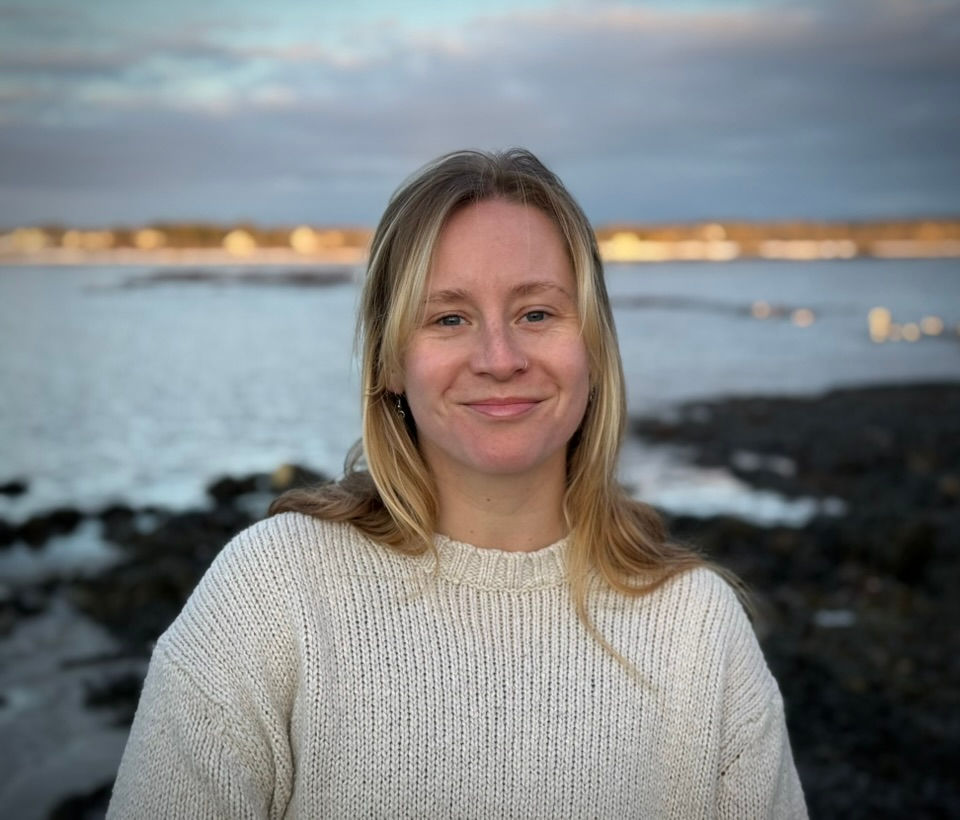State of the Ecosystem: Managers must make the switch to crowdsourced fisheries data
- Ben Martens

- Mar 14, 2017
- 2 min read

On the final morning of the 2017 Fishermen’s Forum, scientists from the NOAA Northeast Fisheries Science Center gave an overview presentation of their annual “State of the Ecosystem” report. This report informs the fishing community and the wider public about recent findings in habitat, food webs, fishery performance, and climate science research for Maine and the broader New England region. The second half of the presentation, given by John Manderson of the Northeast Fisheries Science Center, focused on the newest wave of research in fisheries: a push towards the most comprehensive collaboration between scientists and fishermen that the industry has ever seen. This approach, which effectively calls for a sort of “crowdsourcing” of science by fishermen and embedded researchers, harkens back to a time when scientists regularly accompanied fishermen on their trips in order to observe and gather data.
So, why should we go back to this older form of active management, where scientific research is embedded in industry and data is incorporated into management much faster than it is now? The reason given by Manderson is one that seems to be echoing everywhere across the fisheries management world: we need more and better data, and we need it now. The best and most efficient way to get this data is onboard fishing vessels, and there’s no time to waste in bringing that information into the latest stock assessments and studies. Evidence suggests that the ocean is changing rapidly, and we cannot afford to wait for our carefully-collected data to become obsolete before it even has the chance to make it into a stock assessment. Manderson urged the audience to give up the rigid ways of thinking about scientific research which dominate the current fisheries world in favor of something much more responsive and agile.
And the best part about this new approach? We already have the tools to do it, and it likely wouldn’t be any more expensive than the style of research we do now. The only obstacles standing in our way are cultural: a commitment to the status quo on the part of scientists, and a lack of trust in research on the part of many members of the fishing community. Tackling these biases will be a huge part of the process of overhauling our approach to scientific research in 21st century fisheries.





Comments